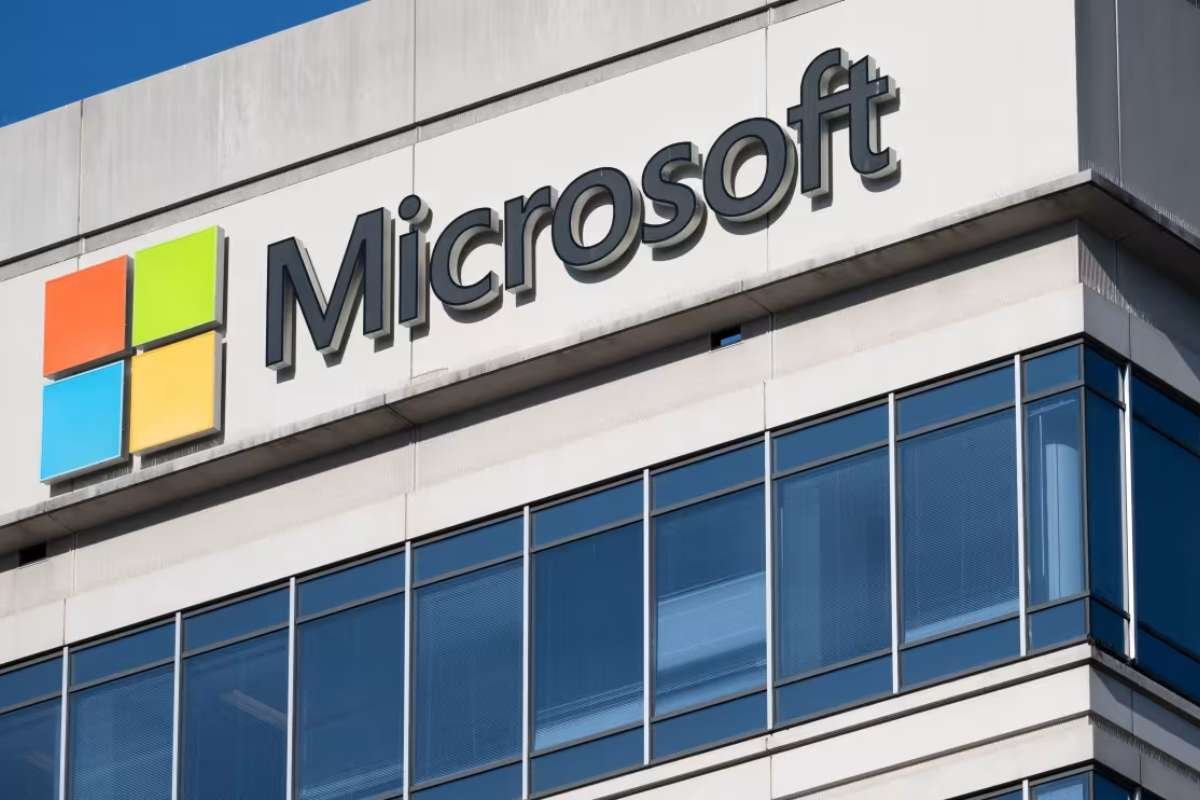Key Points:
- CEO Brian Cornell to exit in 2025; COO Michael Fiddelke will take over.
- Target faces declining sales and profits amid a slowdown in consumer spending.
- Focus shifts to efficiency, digital upgrades, and private-label growth.
Target announced on Wednesday that Chief Executive Officer Brian Cornell will step down in 2025, with Chief Operating Officer Michael Fiddelke set to succeed him as the retailer navigates slowing sales and a highly competitive U.S. retail environment.
Brian Cornell, who has led Target since 2014, is widely recognized for revitalizing the company’s brand, improving supply chain efficiency, and expanding its digital presence. Yet, despite his long tenure and earlier successes, Target has struggled in recent years to maintain momentum, with softer consumer demand and shifting shopping habits weighing on growth.
Leadership Transition at a Pivotal Moment
The change at the top comes as Target faces one of its most challenging retail landscapes in over a decade. The Minneapolis-based company, which operates nearly 2,000 stores nationwide, reported a 21% drop in net income for the second quarter of 2025. Comparable sales, which include both in-store and online activity, slipped 1.9% during the same period. That decline marked the eighth time in the past 10 quarters that Target’s comparable sales have either flattened or fallen.
In the first quarter of the year, Target reported sales that fell more sharply than anticipated, prompting management to warn of continued weakness throughout 2025. Executives pointed to reduced consumer spending on discretionary items such as apparel and home goods, combined with the impact of broader economic pressures on household budgets.
Incoming CEO Michael Fiddelke is expected to focus on stabilizing operations and steering the company through this period of uncertainty. A veteran of more than two decades at Target, Fiddelke has held leadership positions in finance, operations, and supply chain. As COO, he has overseen efforts to streamline logistics, expand omnichannel services, and strengthen the retailer’s ability to meet evolving customer needs.
Strategic Priorities for the Future
Analysts view the leadership change as a critical juncture for Target, which must adapt to a retail market defined by rapid shifts in consumer behavior, intense price competition, and rising operating costs. The company has noted that customers are prioritizing essential purchases, while discretionary categories have weakened. Inflationary pressures and tariffs have also been cited as key factors shaping spending patterns.
Target’s response has included greater emphasis on efficiency, supply chain optimization, and the development of exclusive private-label brands. These in-house product lines have historically helped the retailer differentiate itself from competitors and attract value-conscious shoppers. In addition, investments in digital platforms and same-day fulfillment options, including curbside pickup and delivery, remain central to its growth strategy.
Industry experts suggest that Fiddelke will need to balance short-term cost management with long-term investments in customer experience. Maintaining store relevance while continuing to build digital capabilities will be crucial as Target competes with rivals ranging from Walmart to Amazon, both of which have expanded aggressively into areas like e-commerce and grocery.
Despite recent challenges, Target retains a strong national footprint and significant brand equity built over decades. Brian Cornell’s tenure will be remembered for modernizing the company’s infrastructure and repositioning the retailer during a period of dramatic change in the U.S. retail sector. His successor now inherits the task of translating those foundations into renewed growth in a market that remains highly dynamic and uncertain.
As the transition unfolds in 2025, investors and analysts will be watching closely to see how Target’s leadership team prioritizes profitability, adapts product offerings, and strengthens customer loyalty. The retailer’s ability to regain momentum will likely depend on its success in balancing operational discipline with innovation across its nearly 2,000 U.S. locations and expanding digital channels.


















